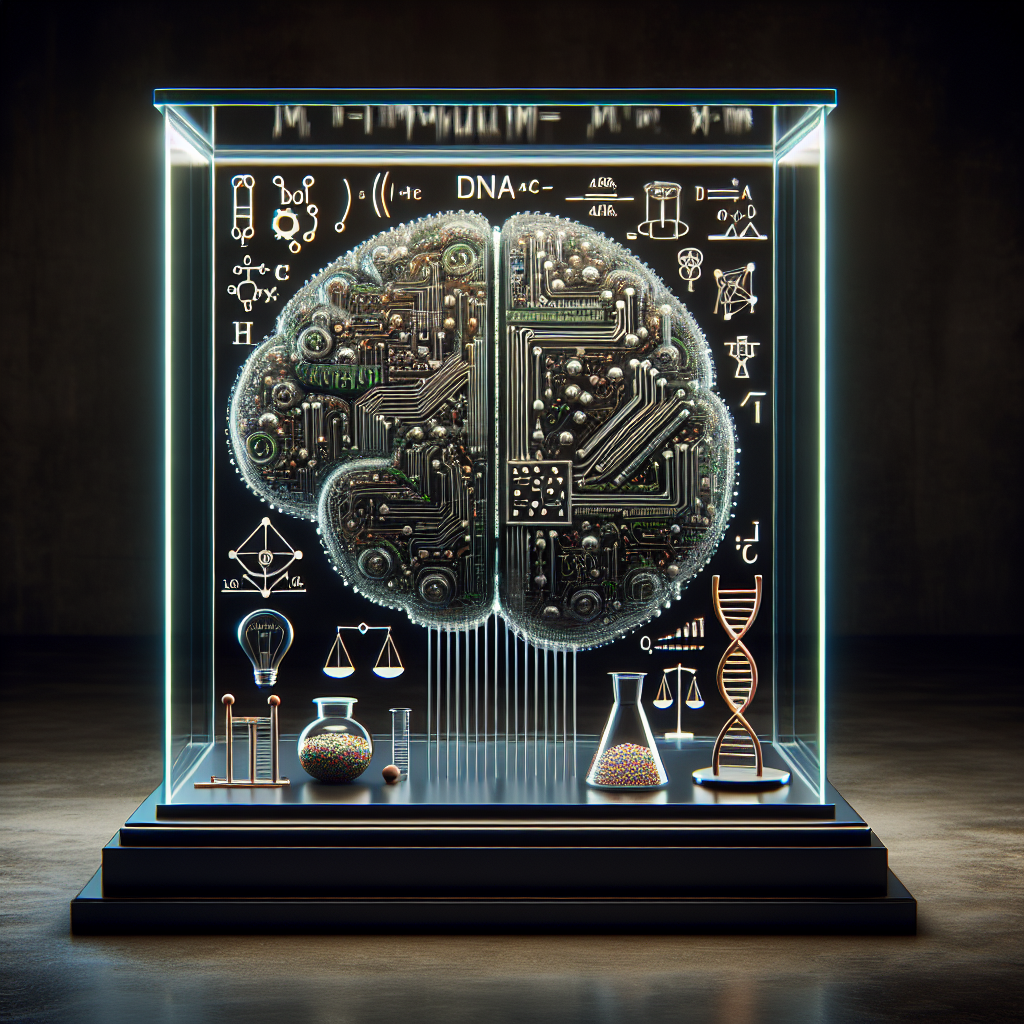Artificial General Intelligence (AGI) is a concept that has long fascinated researchers and scientists in the field of artificial intelligence (AI). AGI refers to a form of intelligence that can understand, learn, and apply knowledge in a wide range of tasks, similar to human intelligence. While current AI systems excel at specific tasks, such as image recognition or natural language processing, they lack the ability to generalize their knowledge and skills to new domains. Developing AGI poses numerous challenges, ranging from technical limitations to ethical considerations. In this article, we will explore some of the key challenges of developing AGI and discuss the implications of achieving this milestone in AI research.
One of the primary challenges of developing AGI is the complexity of human intelligence. The human brain is a highly sophisticated organ, capable of processing vast amounts of information and making complex decisions in real-time. Replicating this level of intelligence in a machine requires a deep understanding of cognitive processes and the ability to simulate them in software. Researchers have made significant progress in developing AI algorithms that can perform specific tasks, such as playing chess or driving a car, but creating a system that can match the cognitive abilities of a human being remains a daunting task.
Another challenge of developing AGI is the lack of a unified theory of intelligence. While researchers have made strides in understanding the mechanisms of human cognition, there is still much debate about how intelligence is generated and how it can be replicated in a machine. Some researchers believe that intelligence is a product of complex interactions between neurons in the brain, while others argue that it emerges from the interaction of simpler components, such as neurons or algorithms. Without a clear understanding of the underlying principles of intelligence, developing AGI is akin to solving a puzzle without knowing the shape of the pieces.
Technical limitations also pose a significant challenge to developing AGI. Current AI systems rely on deep learning algorithms, which are powerful tools for processing large datasets and making predictions based on patterns in the data. However, deep learning has its limitations, such as the need for vast amounts of labeled data and the lack of explainability in the decision-making process. To achieve AGI, researchers will need to develop new AI algorithms that can generalize their knowledge across different tasks and learn from limited data, much like humans do.
Ethical considerations are another challenge of developing AGI. As AI systems become more sophisticated and autonomous, they raise concerns about privacy, security, and the impact on the job market. AGI systems could potentially surpass human intelligence and pose a threat to our society if not properly controlled. Ensuring that AGI is developed ethically and responsibly will require collaboration between researchers, policymakers, and industry stakeholders to establish guidelines for the safe deployment of these systems.
Despite the challenges of developing AGI, the potential benefits are immense. AGI systems could revolutionize healthcare, transportation, finance, and many other industries by automating tedious tasks, improving decision-making, and accelerating scientific research. However, achieving AGI will require a concerted effort from the AI community to address the technical, theoretical, and ethical challenges that lie ahead.
In conclusion, developing AGI is a complex and ambitious goal that will require the collective effort of researchers, policymakers, and industry stakeholders. While significant progress has been made in the field of AI, achieving AGI remains a distant dream. By addressing the challenges of developing AGI, we can unlock the full potential of artificial intelligence and usher in a new era of innovation and progress.
FAQs:
Q: What is the difference between AGI and narrow AI?
A: AGI refers to a form of intelligence that can understand, learn, and apply knowledge in a wide range of tasks, similar to human intelligence. Narrow AI, on the other hand, refers to AI systems that excel at specific tasks, such as image recognition or natural language processing.
Q: How close are we to achieving AGI?
A: While significant progress has been made in the field of AI, achieving AGI remains a distant goal. Researchers continue to work on developing AI algorithms that can generalize their knowledge and skills across different tasks, but there is still much work to be done.
Q: What are the ethical implications of AGI?
A: The development of AGI raises concerns about privacy, security, and the impact on the job market. AGI systems could potentially surpass human intelligence and pose a threat to our society if not properly controlled. Ensuring that AGI is developed ethically and responsibly will require collaboration between researchers, policymakers, and industry stakeholders.
Q: What are some potential applications of AGI?
A: AGI systems could revolutionize healthcare, transportation, finance, and many other industries by automating tedious tasks, improving decision-making, and accelerating scientific research. The potential benefits of AGI are immense, but it will require careful planning and oversight to ensure its safe deployment.

